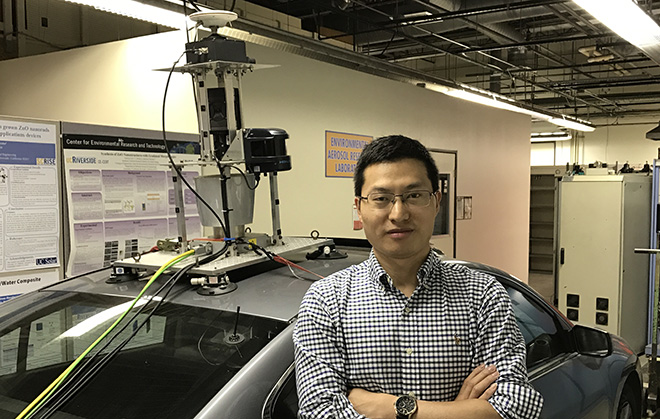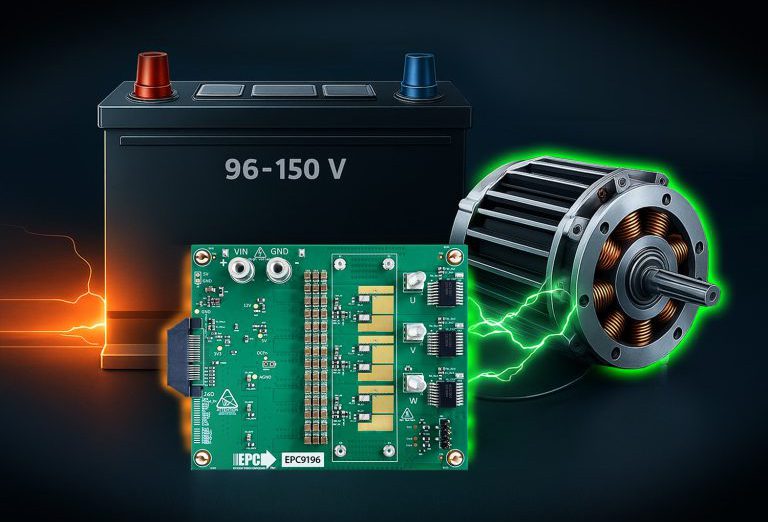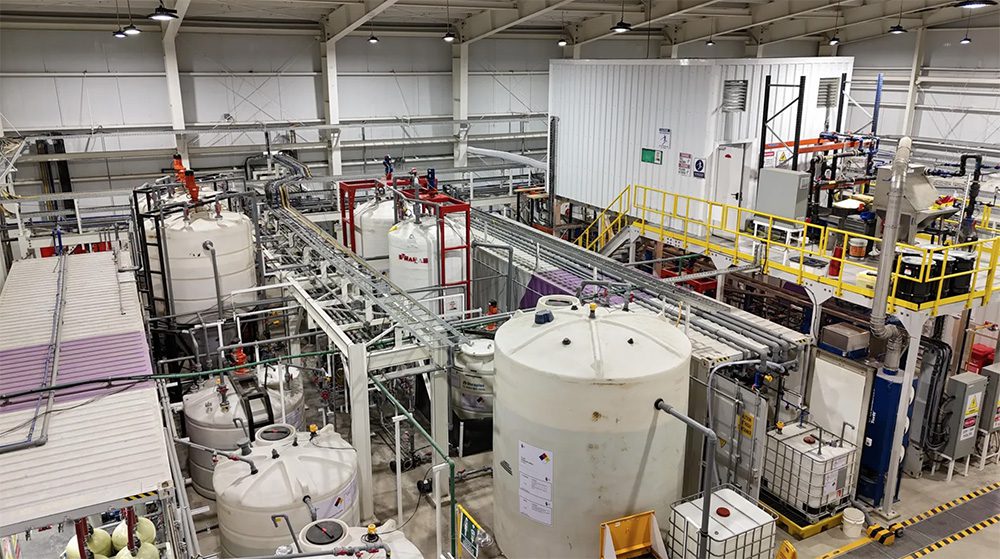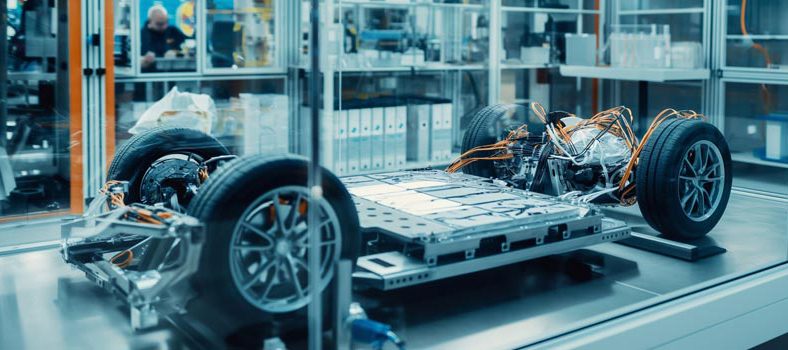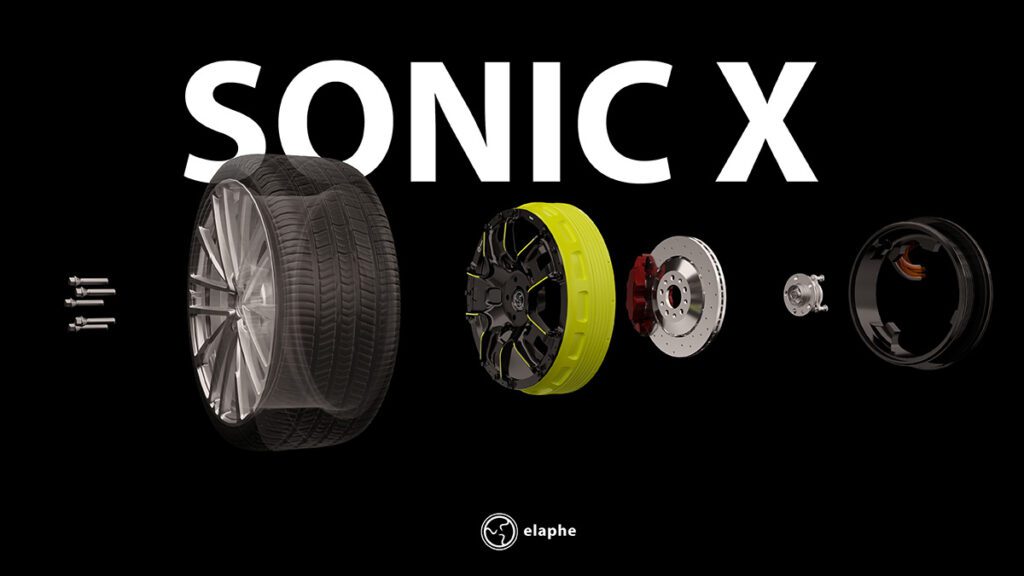Engineers at the University of California, Riverside (UCR) have developed a new online energy management system (EMS) that they say can improve PHEV fuel efficiency by more than 30%.
In “Development and Evaluation of an Evolutionary Algorithm-Based Online Energy Management System for Plug-In Hybrid Electric Vehicles,” published in IEEE Transactions on Intelligent Transportation Systems, Xuewei Qi and colleagues explain that improving the efficiency of current PHEVs is limited by shortfalls in their energy management systems (EMS), which control the power split between engine and battery.
In general, existing EMS for PHEVs are either rule-based systems, which use a set of predefined rules, or optimization-based, which can adapt according to driving conditions and driver behavior. However, notes the UCR team, most systems have only limited adaptability to real-time information.
“In reality, drivers may switch routes, traffic can be unpredictable, and road conditions may change, meaning that the EMS must source that information in real-time,” Qi said.
Existing EMS also do not consider the effect of opportunistic charging between trips. Taking inter-trip charging information into account can significantly improve fuel economy.
The EMS developed by Qi and his team combines vehicle connectivity information (such as cell networks and crowdsourcing platforms) and evolutionary algorithms – a mathematical way to describe natural phenomena such as evolution, insect swarming and bird flocking.
“By mathematically modeling the energy-saving processes that occur in nature, scientists have created algorithms that can be used to solve optimization problems in engineering,” Qi said. “We combined this approach with connected vehicle technology to achieve energy savings of more than 30 percent. We achieved this by considering the charging opportunities during the trip – something that is not possible with existing EMS.”
The new paper builds on previous work by the team showing that individual vehicles can learn to save fuel from their own historical driving records. Together with the application of evolutionary algorithms, vehicles will not only optimize their own energy efficiency, but will share their knowledge with other vehicles through connected vehicle technology.
“The PHEV energy management system will no longer be a static device,” said Qi. “It will actively evolve and improve for its entire life cycle.”
Source: UCR Today via Green Car Congress







